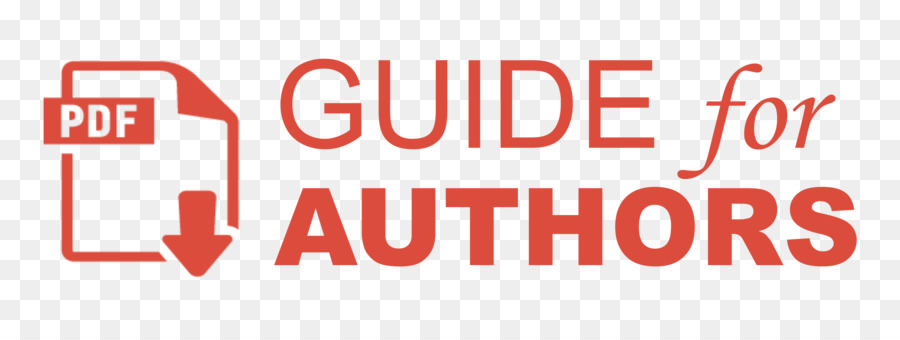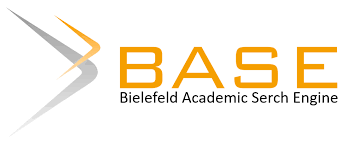PERAN PENGELOLAAN DAN PENGEMBANGAN SUMBER DAYA MANUSIA UNTUK PENINGKATAN KINERJA PERUSAHAAN (STUDI PADA PT. PRIBUMI CITRA MEGAH UTAMA)
(1)
(2)
(3)
(*) Corresponding Author
Sari
The main objective in this study is to examine and analyze how the influence of
human resource development consisting of, recruitment , training, career development,
compensation, promotion of position on company performance.
This research was conducted with a qualitative method and using the SWOT analysis
as a data analysis tool. The object of this research is PT. Pribumi Citra Megah Utama, which
runs its businesses such as hotels, shopping centers, housing, financing and mining in South
Kalimantan. Data that has been tested for its credibility with the triangulation technique of
data sources, is then analyzed descriptively using the help of a data analysis model
developed by Miles and Huberman. Miles and Huberman made a model of data analysis
consisting of three stages, namely: data reduction, data display, and conclusion drawing.
Based on the results of research it can be found that the human resource management
strategy plan to increase the productivity of employees of PT. Pribumi Citra Megah Utama
is a business partner model strategy because this strategy has several advantages, namely the
existence of several strengths in the company that can be used to take advantage of several
opportunities and face several threats to the company. The methods carried out by PT.
Pribumi Citra Megah Utama is to Reinforce and tighten company regulations which include
working hours, employee responsibilities, work completion, accuracy of work completion.
Teks Lengkap:
PDFReferensi
Allen, NJ., Meyer PJ. And Smith CA., 1993, “Commitment to Organizations and
Occupations: Extention and Test of a Three–ComponentConceptualization”, Journal
of Applied Psychology, Vol. 78, No. 4
Amstrong, Michael, 1994, “Handbook of Personal Management Practise”, 4th Edition,
Kopan Page Ltd., London
Anwar Prabu Mangkunegara, DR., Msi., 2006, Evaluasi Kinerja SDM, Edisi Kedua, Refika
Aditama, Bandung.
Bernadin, H. J. 2007. Manajemen Sumber Daya Manusia: Sebuah Pendekatan
Eksponensial. Ed-4. NewYork: McGraw-Hill Irwin, 253-277.
Delaney, J. T. & Huselid, M. A. 1996. ‟Dampak dari Praktek Manajemen Sumber Daya
Manusia pada Persepsi dari Kinerja Organisasi‟. Akademi Manajemen Journal, 39,
- 69.
Dessler, G. 2003 Manajemen Sumber Daya Manusia. Jilid 2. Edisi Kesembilan. Jakarta: PT
Indeks Kelompok Gramedia.
Francisca, Robert, 2017, Implementasi Total Quality Management Terhadap Budaya
Kualitas, Al Ulum, Ilmu Sosial dan Humaniora, Vol. 3, No. 2, 2017.Gomez-Mejia, LR, Balkin, DB & Cardy, RL 1998. Mengelola Sumber Daya Manusia.
Prentice-Hall, Englewood Cliffs, NJ.
Hasibuan, M. S. P. 2006. Manajemen Sumberdaya Manusia. Edisi Revisi. Jakarta: Bumi
Akasara.
Menard, S. 1995. Terapan Analisis Regresi Logistik. London: Sage.
Nitisemito, S. 1997. Pengembangan Sumber Daya Manusia. Jakarta: Balai Pustaka.
Patrick, J. 2000. ‟Pelatihan‟. Dalam N. Chmiel (Ed.) Pengantar Kerja dan Psikologi
Organisasi (100-125). Oxford, Inggris: Blackwell.
Siagian, S. P. 2001. Manajemen Sumber Daya Manusia. Jakarta: Bumi Aksara.
Siagian, S. P. 2006. Manajemen Sumber Daya Manusia. Jakarta: PT. Bumi Aksara.
Vlachos, I. 2008. ‟Pengaruh Praktek Sumber Daya Manusia pada Kinerja Organisasi: Bukti
dari Yunani‟. International Journal of Manajemen Sumber Daya Manusia, 19 (1), 74-
Wan, D., Kok, V. & Ong, C. H. 2002. Strategis Manajemen Sumber Daya Manusia dan
Kinerja Organisasi di Singapura. Kompensasi dan Manfaat Review, 34, 33-42.
Wright, P., Gardner, T., Moynihan, L. & Allen, M. 2005. Hubungan antara Praktek SDM
dan Kinerja Perusahaan: Memeriksa Urutan Kausal.
DOI: http://dx.doi.org/10.31602/alsh.v7i1.4686
Refbacks
- Saat ini tidak ada refbacks.
Al-Ulum : Jurnal Ilmu Sosial dan Humaniora by https://ojs.uniska-bjm.ac.id/index.php/ALSH is licensed under is licensed under a Creative Commons Attribution-ShareAlike 4.0 International License.












